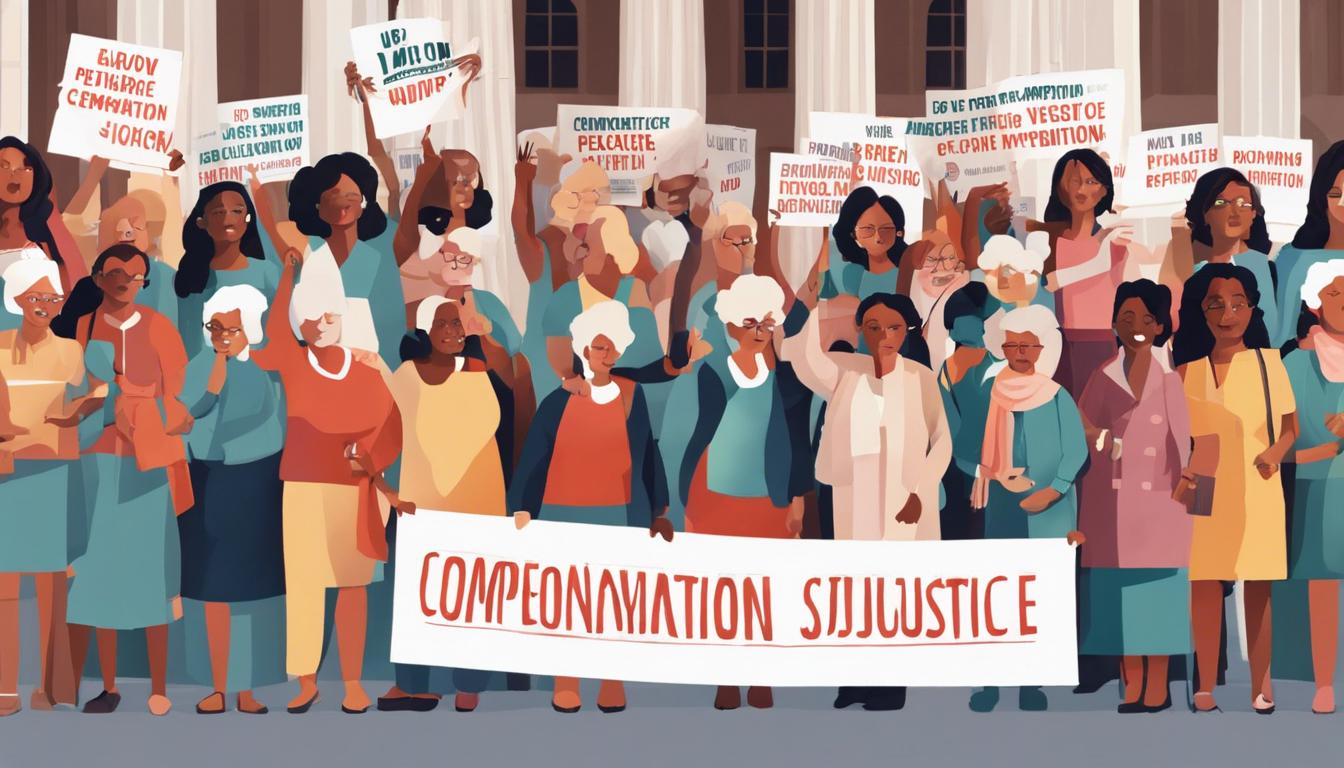A landmark ruling by the Parliamentary and Health Service Ombudsman finds that the Department for Work and Pensions failed to properly inform women of changes to the state pension age, leading to financial distress and calls for compensation.
A landmark ruling by the Parliamentary and Health Service Ombudsman (PHSO) has determined that thousands of women in the UK are owed compensation due to government failings in the communication of changes to the state pension age. The Department for Work and Pensions (DWP) has been criticized for not adequately informing women about these changes, resulting in significant personal and financial repercussions for those affected.
The Ombudsman’s report, arising from a five-year investigation, centers on the DWP’s mishandling of state pension age alterations, which were originally legislated in the 1995 Pensions Act. This act incrementally raised the state pension age for women born on or after April 6, 1950, aligning it with the age for men. The report emphasizes the DWP’s failure to provide timely and accurate information, compromising women’s ability to make informed financial decisions relating to their retirement. Despite the PHSO’s findings and recommendations for the DWP to acknowledge its errors and compensate the affected individuals, the Department has indicated reluctance to comply.
The Women Against State Pension Inequality Campaign (WASPI) has been at the forefront of advocating for justice for the impacted women since 2015. The group has argued that the abrupt changes to the pension age left many without adequate time to adjust their retirement plans, leading some to face severe financial strain.
Chief Executive of the PHSO, Rebecca Hilsenrath, highlighted the DWP’s refusal to comply with the compensation recommendations as “unacceptable” and called on Parliament to intervene. Urging for the establishment of a compensation scheme, Hilsenrath underscored the importance of accountability and timely remedy for the women who have faced financial hardships due to these failings.
While campaigners have called for compensation amounts of at least £10,000 for the affected women, initial suggestions from the report indicate potential awards ranging from £1,000 to £2,950. As the situation develops, further details and updates on the potential compensation scheme and parliamentary response are anticipated.













